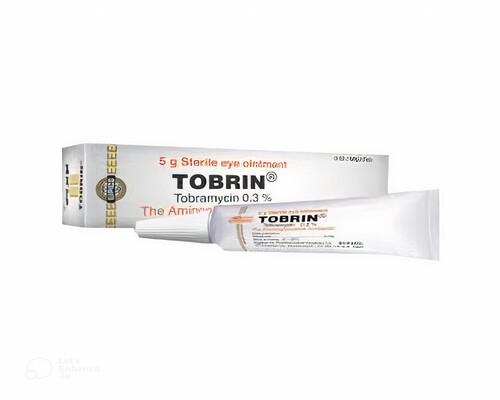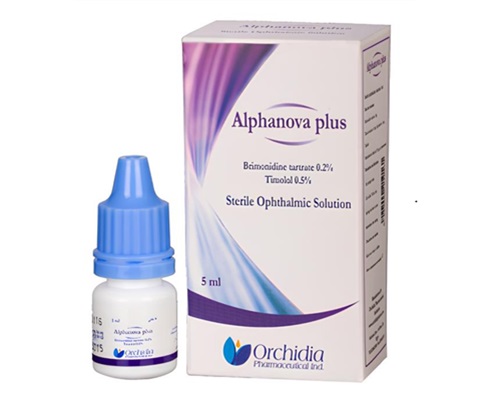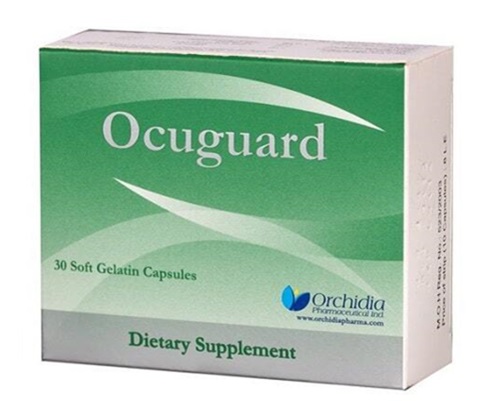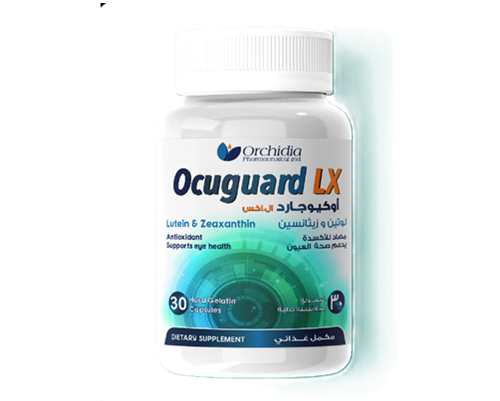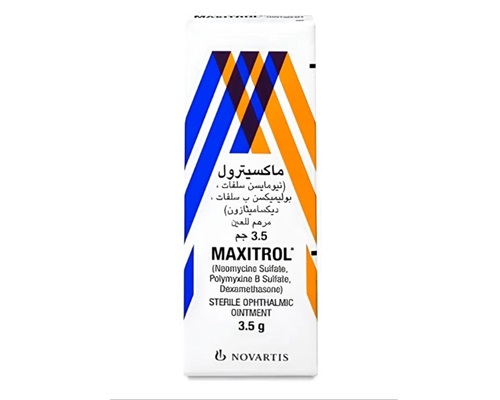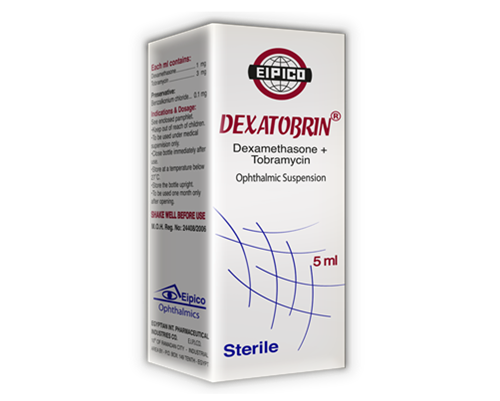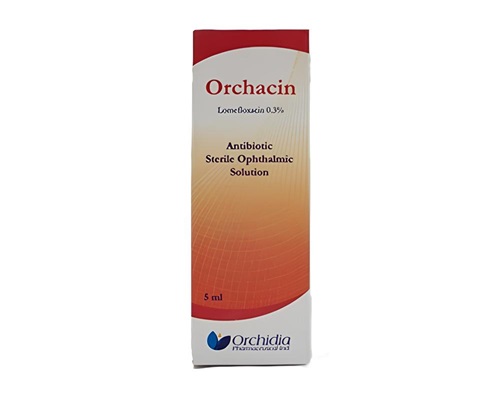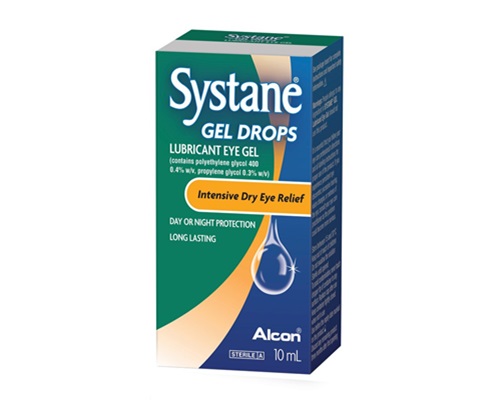Description
Trade name:
Tobrin
Compound:
Each gram of ointment contains:
Tobramycin 3 mg
Auxiliary components:
Chlorobutanol anhydrous, mineral oil (liquid paraffin), white petrolatum.
Properties:
An antibiotic of the aminoglycoside group with a broad spectrum of action. It has a bactericidal effect, disrupting protein synthesis and the permeability of the cytoplasmic membrane of bacteria.
Highly active against Pseudomonas aeruginosa.
Tobramycin is active against gram-negative bacteria: Escherichia coli, Proteus spp. (indole-positive and indole-negative strains), Klebsiella spp., Serratia spp., Providencia spp., Enterobacter spp., Shigella spp., Salmonella spp., Citrobacter spp., Haemophilus influenzae; gram-positive bacteria: Staphylococcus spp. (including strains producing penicillinase).
Inactive against Streptococcus spp. (including Enterococcus spp.).
Indications:
Blepharitis, conjunctivitis, keratoconjunctivitis, blepharoconjunctivitis, keratitis, iridocyclitis.
Prevention of postoperative infectious complications in ophthalmology.
Method of administration and dosage:
– For eye infections, apply a small amount of ointment (1-1.5 cm) into the conjunctival sac of the affected eye(s), 2-3 times daily, or in addition to the drops before bedtime. As the inflammation subsides, reduce the frequency of application until completely discontinued.
– For acute eye infections, 1.5 cm of ointment per eye or both eyes 3-4 times a day until improvement, then gradually reduce the dose until complete cessation of administration. The course of treatment is 7-10 days.
Contraindications:
Hypersensitivity to tobramycin and other aminoglycosides.
Precautions:
Systemic use of tobramycin is possible when the expected benefit of treatment outweighs the risk of developing side effects in the following cases: in patients with impaired renal function, hearing, myasthenia and parkinsonism.
Side effects:
From the digestive system: nausea, vomiting, increased levels of liver transaminases and bilirubin in the blood.
From the hematopoietic system: anemia, granulocytopenia, thrombocytopenia.
From the side of metabolism: hypocalcemia, hyponatremia, hypokalemia, hypomagnesemia.
Others: possible nephrotoxic effect, allergic reactions.
Storage method:
Store at a temperature not exceeding 15-30 degrees.

